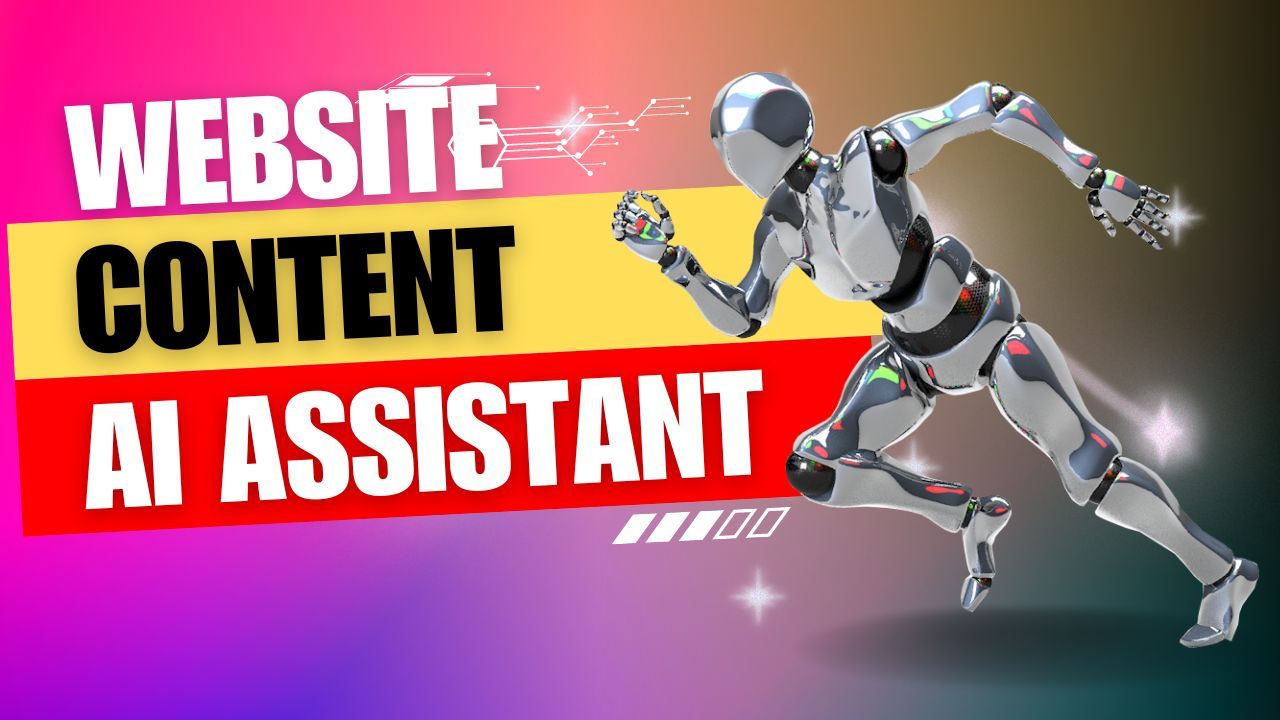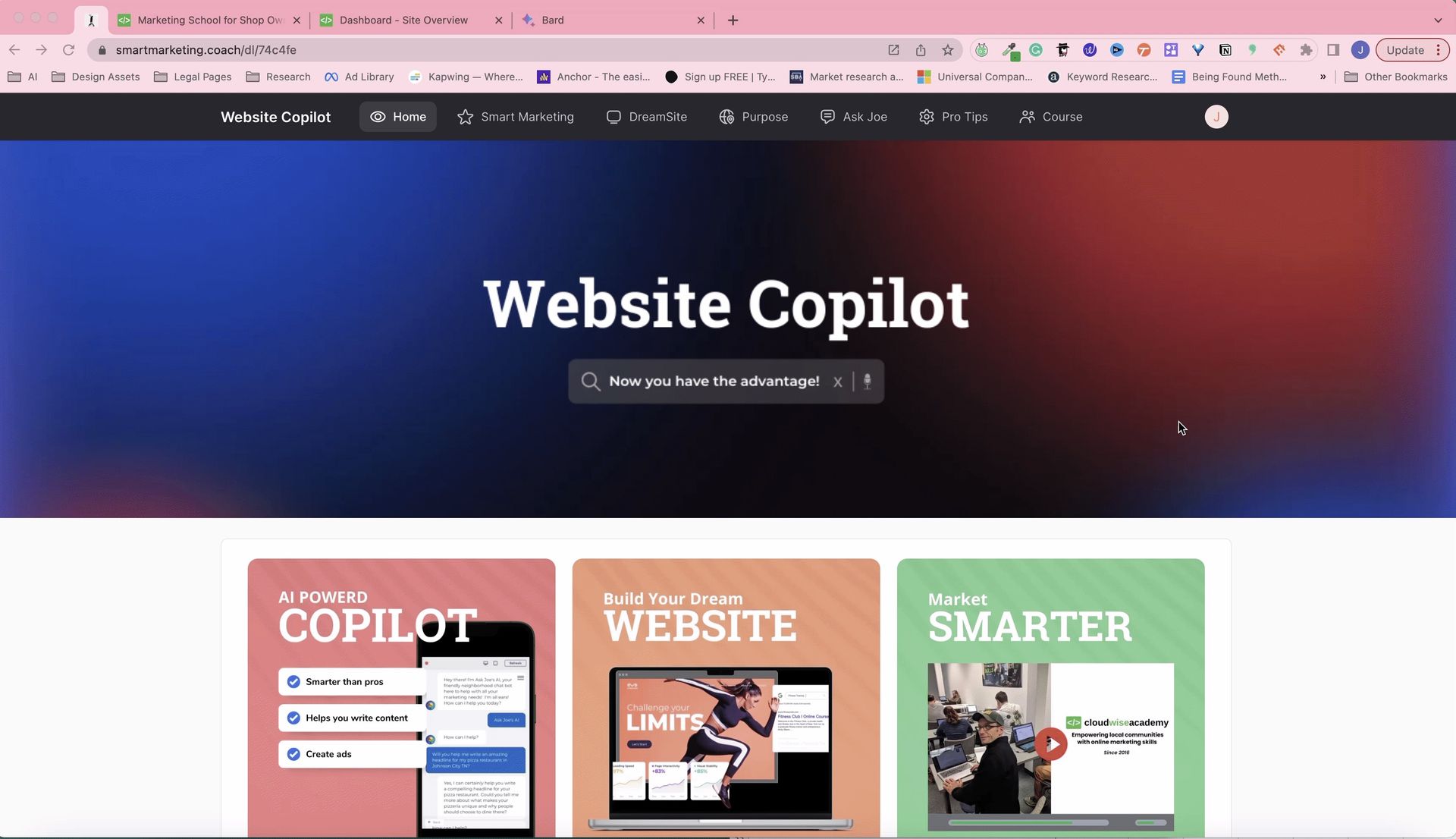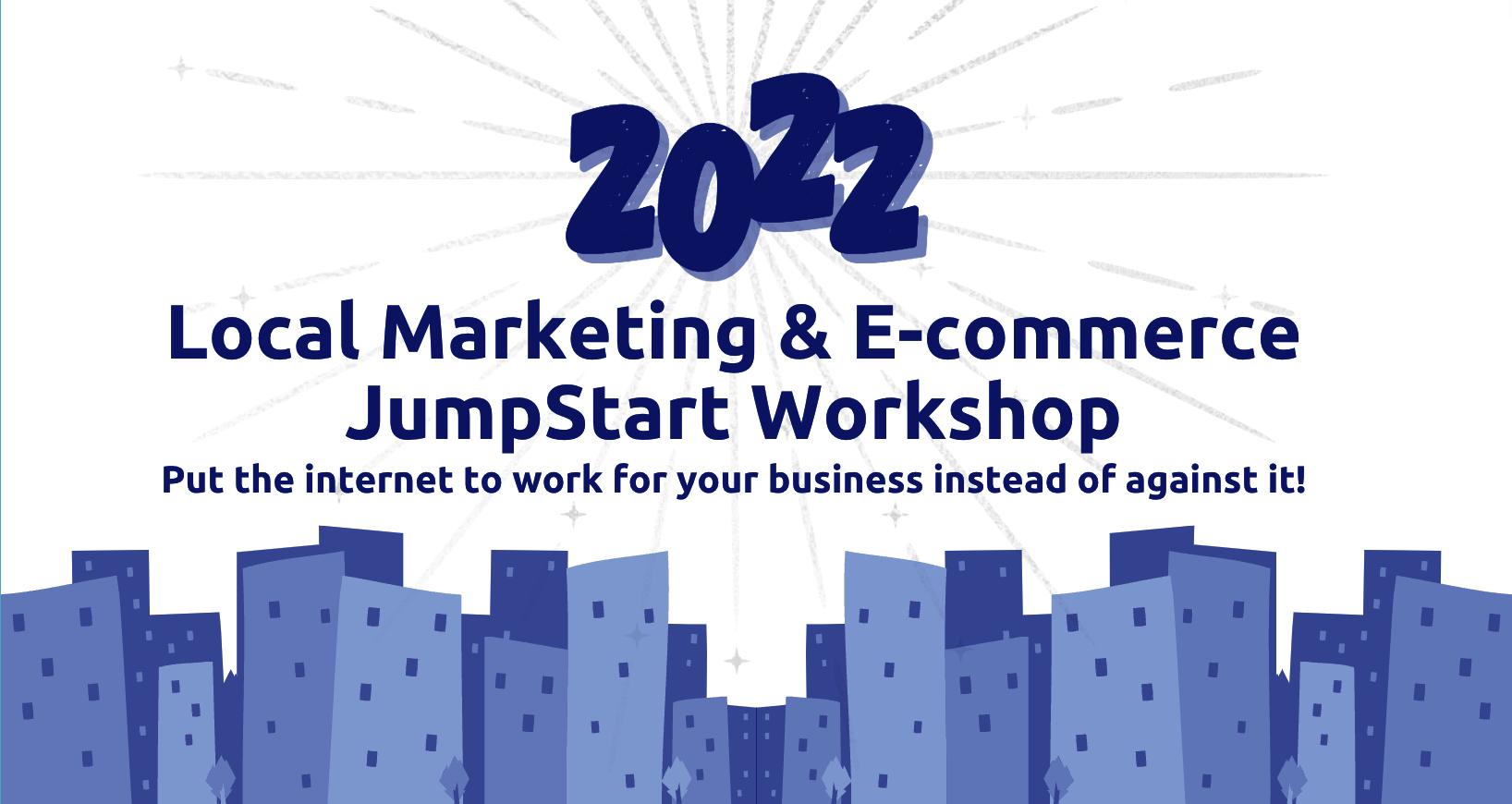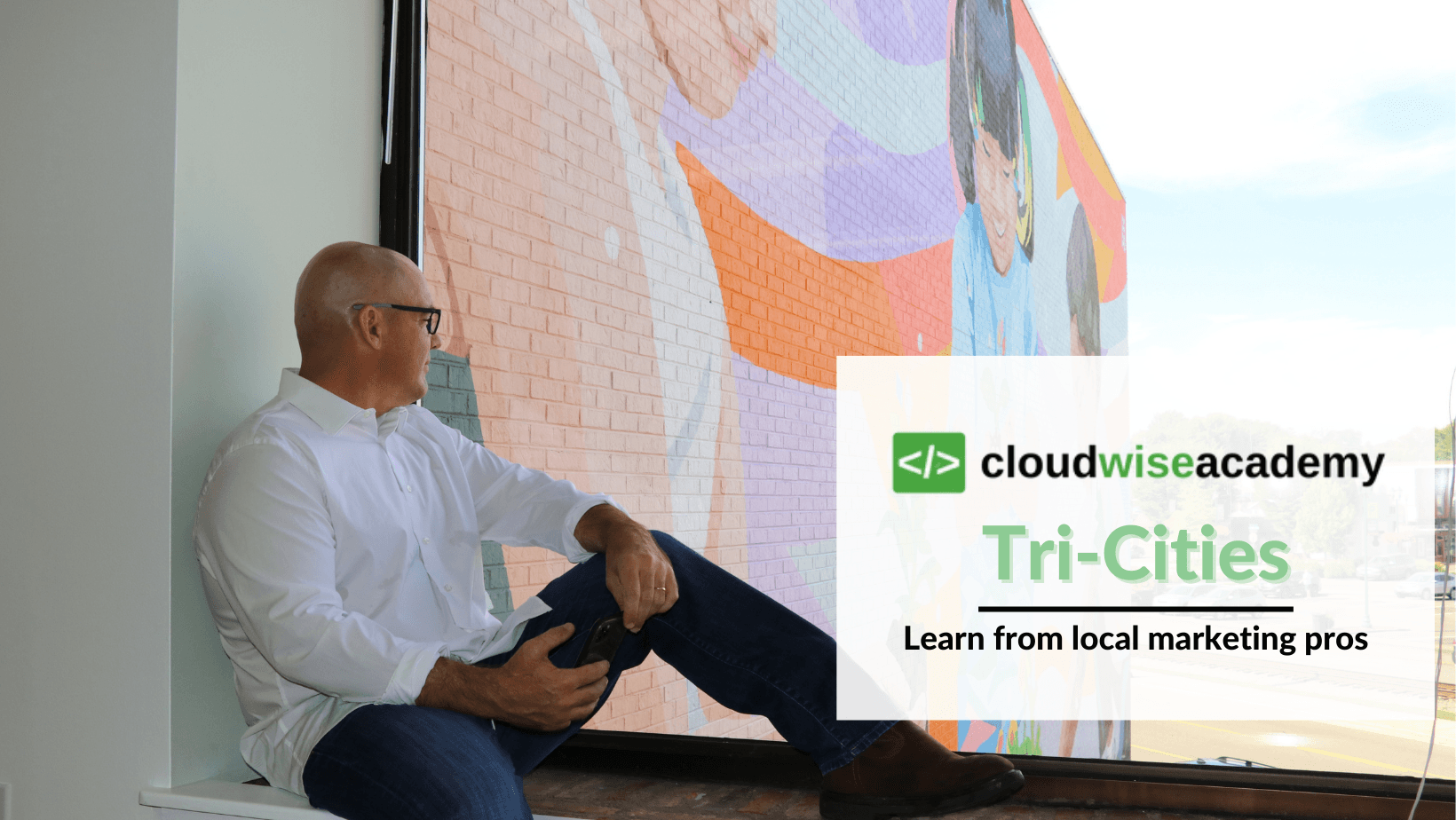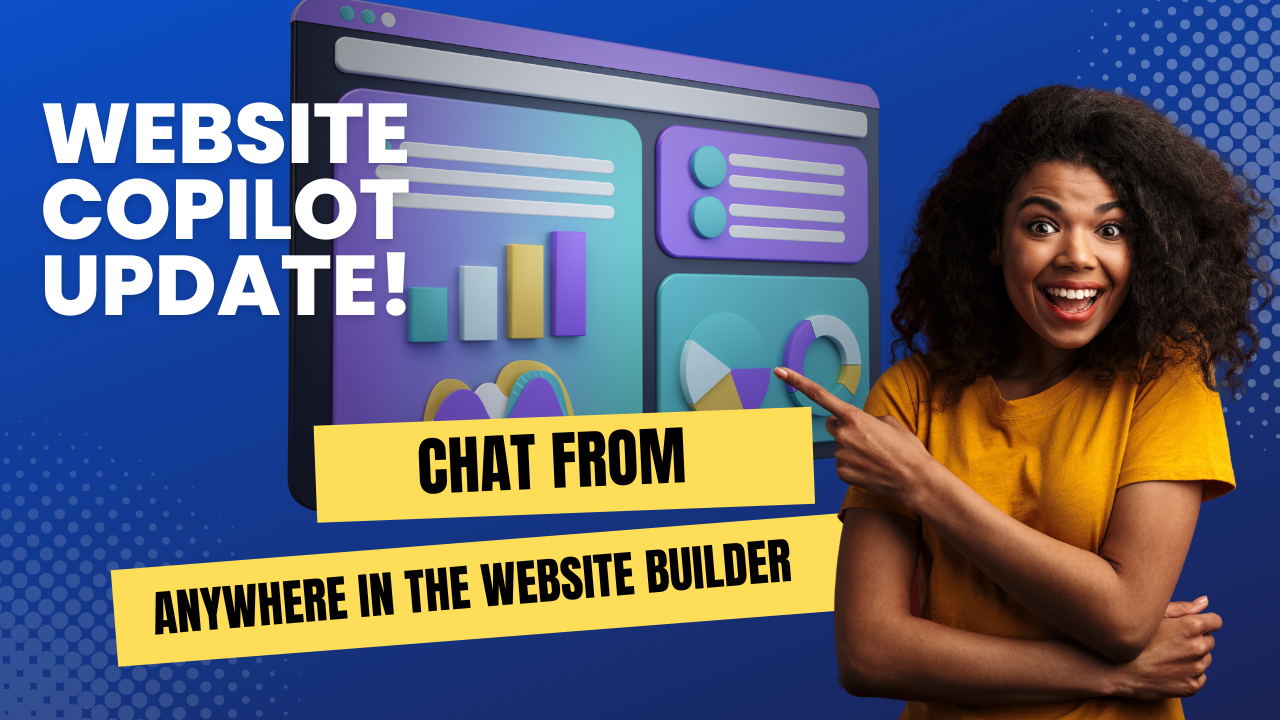In this segment, the myths that SEO is dead and AdWords help sites rank higher in organic search are shot down and explained.
Is SEO dead?
Joe: I don’t know if I’d call this in the news, but it was an article I came across from Search Engine Journal. So this what really struck me because I love hearing these myths. This one is that “SEO is dead – The biggest SEO myths that need to die” by Author Angel Niñofranco and that one first part of this article that SEO is dead is one of those myths. Not only have I heard that SEO (search engine market optimization) is dead, but I remember five or six years ago believing that it was dead for local and small companies. And I think I probably was right a little bit at the time because that was before Google had made some major adjustments so local companies can compete.
So is SEO dead? And is it dead for local companies? Do AdWords directly impact your search results. In other words, that old myth that if you buy AdWords, does it means Google will like you more and display your regular free organic results better like somehow it’s a pay-to-play scenario? We’re going to break that down. We’ll tell you if that’s true or not and then what is social media’s impact on search engine optimization? And does it have an impact or not? So we’re going to go over that when we get back.
As well, it appears there might have been another big algorithm change. We just talked about one, two or three weeks ago and the SEO’s out there are starting to notice another one. So what’s this one going to be? What might be neat is we might be a radio letting the local businesses know about this algorithm before it’s even been named.
Joe: Welcome back to The Being Found Show. If you’re not being found, then who is? The idea of the show is to help you, local businesses, put the Internet work for you, not against you.
We’re going to debunk some myths on this article from the Search Engine Journal. I think what they did is they went out and asked a bunch of marketers and SEO type what myths do they hear that they wish would just die. They begin to chart the biggest one that they heard about which is that SEO’s dead. 41% said that while buying ad words helps ranking was 21%. SEO is a scam/BS was 19%, and social media helps to rank with 19%. You know what’s weird is there’s going to be a little bit of contradiction in each one of these at the end of this article when they describe it. They understand that too. So let’s kind of go over this is.
It’s not dead. The reality is that Google and Amazon and just about every company with money and the ability to influence consumers is basically creating platforms. Whereas businesses we need to be seen whether we’re selling our products at Amazon and we need to be found by figuring out how their algorithm works and what they like to see in order to or whether it’s showing up in search results pages. I just don’t see how anyone can think it’s dead.
Chauncey: So just to break it down, SEM stands for Search Engine Marketing and that stands for anything that shows up on the search page. Under search engine marketing, there is PPC (pay per click) afterward stuff like that.Then there’s SEO, which is the organic search you know, search engine optimization. The job of the SEO or the SEM is that we are providing machines and people with what they want and need to show our results and to click through so unless you have a system that provides machines and people with exactly what they need and want, you need in SEO. That system does not exist and it probably never will because not only does Google change and business change but the habits of people change and the habits of people, while we can forecast that a bit, we don’t know. You know so you have to be on the forefront, you have to be chasing it. There’s always a little way to get ahead of everybody else by being up to date with what people want and what they want for your industry specifically and so on and so forth.
Joe: You know Google’s fallback answer and really their guiding principle is to give customers what they want.
Chauncey: Absolutely. I mean that’s what they do. Google, for one, is in the business of data, and number two is in the business of delivering that data to the end user the consumer, not the business but the consumer right.
Joe: And so as a local business if we use that same idea to help inform or guide our decisions I think that’ll help us. You know if our customers are looking for us on Google then we’ve got to put the effort in there. If they use their mobile device we’ve got to make sure we’ve adjusted for that. You know what I mean if our customers are saying gosh I really wish I could see your inventory we’d better make adjustments for that.
The next myth is that buying AdWords will help your ranking. I think you going to make more sense of this than me but that’s a trick question myth. There is no evidence as much as evidence to the contrary that Google would let you buy your organic ranks. In other words what this is saying is hey if you pay for Google AdWords , Google is going to say I liked that company. So I’m going to make their organic results show up at the top. That is totally false. They will not do that. Their guiding principles provide the best content that a customer would want which means they can sell their soul by letting you win organically with AdWords or they would become irrelevant. No one would ever trust them again. So your organic won’t except it.
Chauncey: Right. OK so let’s look at why not. So Google protects their algorithms and in the interest of protecting their users, they protect their data. But outside of that, they’re actually incredibly transparent for being the largest company in the world. I think buying AdWords does help your ego but not in a pay to play sort of way. Any traffic to your website that provides a using converting experience where Google tracks and says people like this for this term it helps other people who are searching for this. We should give it to them too. They don’t care where that traffic comes from. So if that traffic comes from AdWords and they still get the data that people are liking this they are more apt to serve it up in the search. But not a pay to play situation.
Joe: I don’t know if I’m going to make more sense of that or not. But the idea where it does help is that when you have a page, product or service found on your website, one of the things that Google just knows, is how do people like that page? Do people spend time on that page when they get there? Do they click on other places? Are other sites linking to it? There are these usage and credibility factors. And the neat thing about AdWords is that you can specifically drive traffic to that page. You don’t have to wait for it to start being found in the search. And so because Google tracks everything anybody does on your website, you’ve now driven traffic through an ad to a specific page and now Google gets to see how people are interacting with that page.
In other words you’ve amplified the process of Google tracking and understanding how people like that page which doesn’t guarantee you anything, but had you done a good job on that page and depending on how much other people are fighting for that same space is going to allow Google to decide if they want to serve you up sooner than later. You might wait a year for regular traffic to hit that page. But you can actually use AdWords and get that much traffic in a day.
Thank you so much for listening to The Being Found Show.
